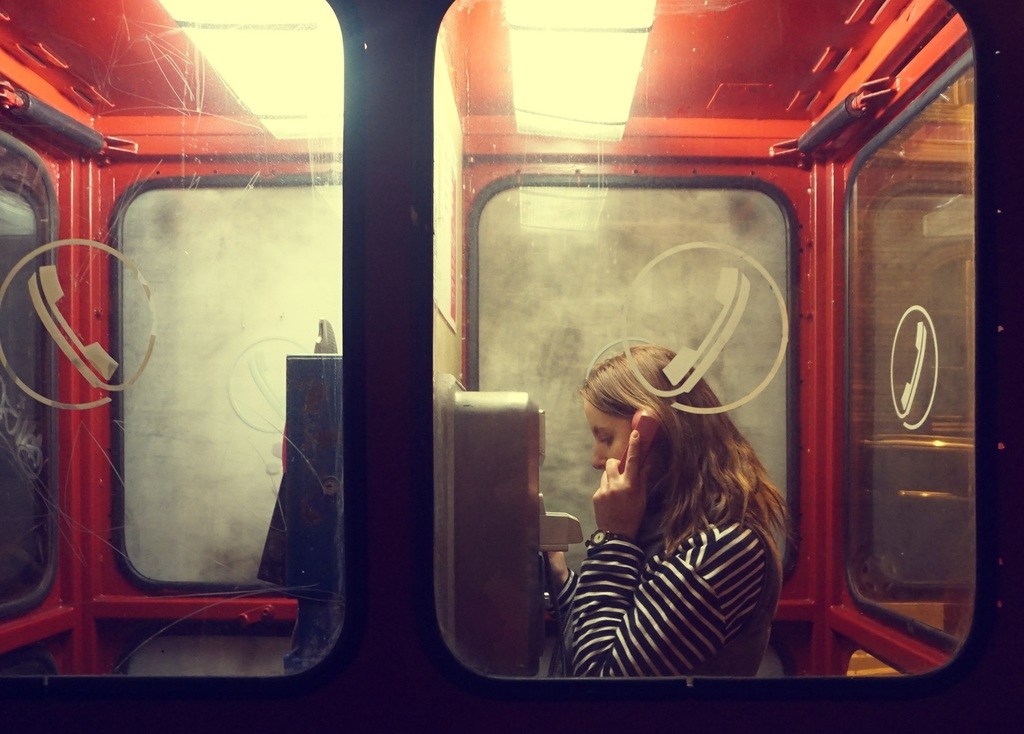“Women and girls will be the hardest hit by this pandemic, but they will also form the backbone of the recovery in the community,” according to United Nations secretary-general Antonio Guterres, calling for a gender-aware approach to the pandemic in many different areas.
The VRT offered a run-down of some of those areas.
More women than men in Belgium are infected by the virus. To date, the number of confirmed cases stands at 37,183, according to the federal health institute Sciensano. Of those cases, 39.6% of cases were male, and 60.4% were female.
When it comes to fatalities, however, women do slightly better than men: 38.1% of deaths are male, and 34% female, with 28% not accounted for.
The difference seen in the Covid-19 pandemic confirms previous experience in the Sars and Mers epidemics of the early 2000s. Both are coronaviruses related to Covid-19, and in both cases men were more likely to die. According to Dr Johan Neyts, a virologist at the university of Leuven, sex hormones are thought to play a role.
Smoking and overweight are also thought to be factors influencing death rates – in Belgium 25% of men smoke, and 15% of women.
When it comes to the economic and social impact of the pandemic, women are clearly at a disadvantage, according to Luc Cortebeeck, a director of the International Labour Organisation and former national president of the Christian union CSC-ACV.
Women, he said, suffer more on four fronts.
"Women are mostly in the front line because of their over-representation in the healthcare sector," he said.
Worldwide, women make up 70% of workers in the care sector, while in Belgium the figure is closer to 80%. Women are also over-represented in the informal economy worldwide,” he said.
"Of the two billion people who work in the informal economy worldwide, 60% are women. Take the women of Bangladesh, for example. Four million Bangladeshi women work in the clothing industry, which is virtually shut down. For those women, there is no more work and no safety net.”
Related News
- Brussels hotel to shelter domestic violence victims amid coronavirus quarantine
- Alcohol does not protect against coronavirus, says WHO
- Unicef: more screen time for children means more problems online
Women in Belgium, meanwhile, do rather better. The pay gap here is about 10% in women’s disfavour, less than in most countries. And the social security safety net here is available to men and women equally.
And yet women are still more vulnerable in this country, said Dr. Bea Cantillon, professor of social policy at the University of Antwerp. “We have a protection system that we can be proud of, but social security remains tied to labour,” she said.
“People who work part-time are only protected part-time. Those who are temporarily unemployed now receive 70% of their normal wage.”
Women, as it happens, are much more likely than men to be part-time workers.
“For a single mother with children, that payment of 70% of part-time wages can mean enough of a shortage that nothing works any longer. The combination of work and care for small children is always very difficult. These people are going through very difficult times in this crisis.”
Finally, the lockdown and confinement measures have forced many families back on themselves, with adults and children at home permanently, and one of the effects has been an increase in domestic violence. And while women are not always the victims, they are more often than not.
Figures are difficult to come by, since most incidents go unreported, but the operators of the helpline 1712 noted an increase in calls about domestic violence in the wake of a media campaign drawing attention to the fact that help was still available despite the lockdown.
Meanwhile N-VA politicians Valerie Van Peel and Lorin Parys have called for Belgium to adopt the Mask 19 system now operating in Spain and France.
Under that system, any woman who is being abused can go into a pharmacy and ask for a Mask 19. The pharmacist tells her the mask has to be ordered, and takes the woman’s address. The pharmacist later notifies the police.
Alan Hope
The Brussels Times

